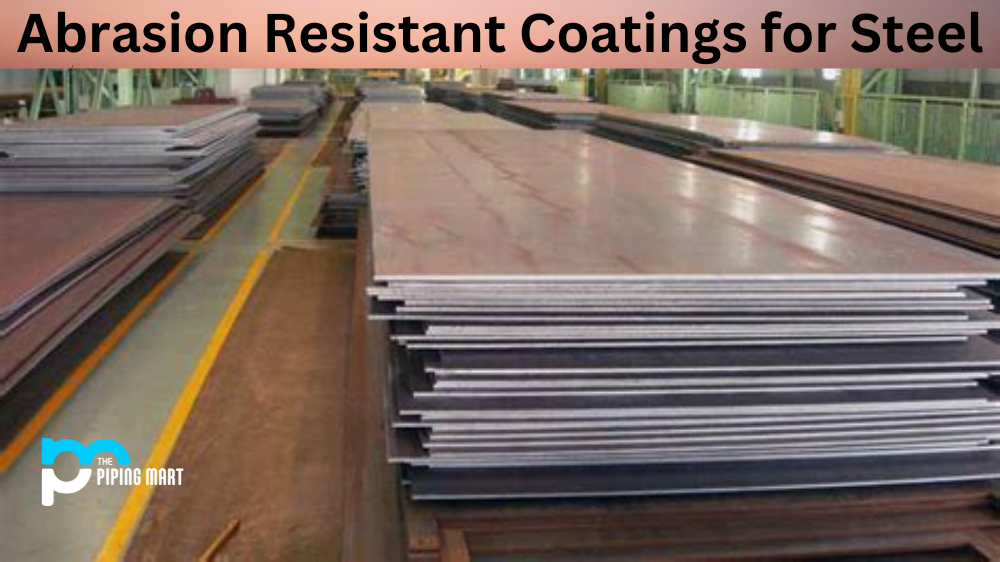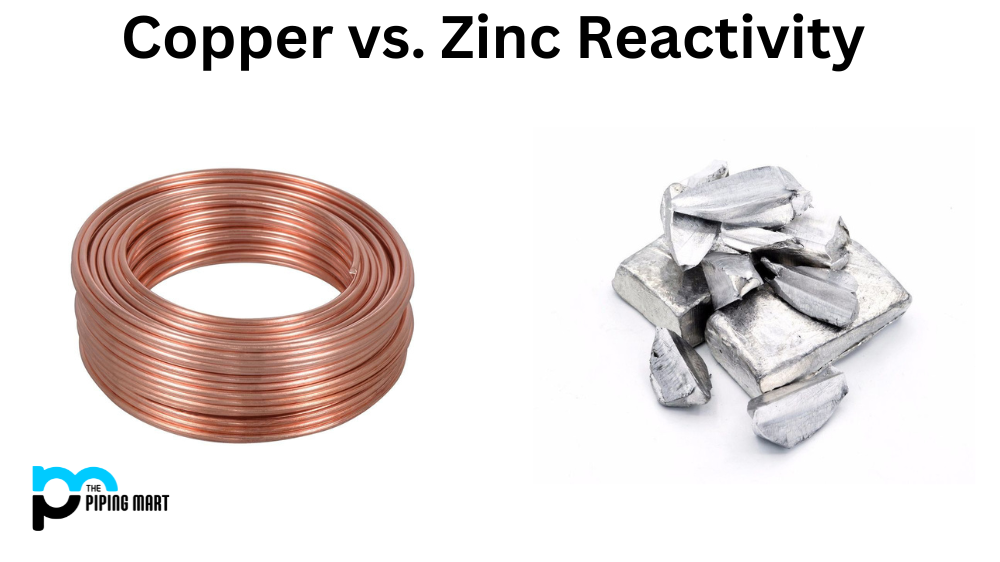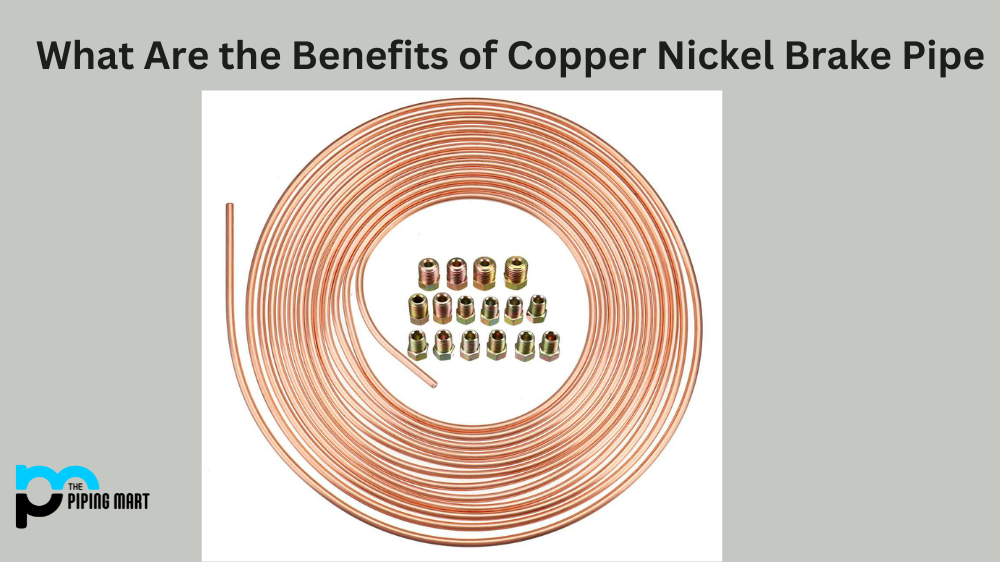Steel is an incredibly strong and durable material, but it still needs protection from the elements. Abrasion-resistant coatings provide steel with extra protection from wear and tear, corrosion, and other environmental factors. In this blog post, we’ll discuss why these coatings are important and how they preserve steel in various settings.
Steel is one of the materials most commonly used in construction, yet its natural strength can be highly increased with the addition of abrasion-resistant coatings. These coatings help to protect steel from damage and extend its ability to withstand physical wear and tear for a longer period of time. Abrasion-resistance coatings for steel come in numerous varieties, such as organic chemical compounds, epoxy sealants, and aluminum or zinc silicates. Furthermore, these coatings help to reduce oxidation and corrosion of steel components exposed to harsh weather conditions or environments featuring harsh chemicals. Abrasion-resistant coatings are also employed to maintain the appearance of steel equipment while ensuring its longevity as they add extra layers of protection that increase its long-term durability.
What Is Abrasion Resistance?
Abrasion resistance is the ability of a material to resist wear and tear caused by friction. This is particularly important for steel because it can be exposed to harsh conditions that can damage its surface. By applying an abrasion-resistant coating, you can protect your steel from becoming scratched or gouged due to contact with other materials or objects.
Types of Abrasion Resistant Coatings
There are several types of abrasion-resistant coatings available on the market today. The type you choose will depend on the specific application you have in mind for your steel producer. For example, if you need a coating for use in a highly abrasive environment such as mining or industrial applications, then you may want to consider an epoxy-based coating or one made from polyurethane. If you need a coating for use in less demanding environments such as automotive parts or outdoor furniture, then you may want to opt for a polyester-based coating that offers improved adhesion while still providing abrasion resistance.
Benefits of Abrasion Resistant Coatings
The biggest benefit of using an abrasion-resistant coating is that it helps extend the life of your steel product by protecting it from wear and tear caused by friction and other environmental factors. This means less downtime for maintenance or repair work and lower overall costs over time. Additionally, these coatings typically provide excellent adhesion properties, which allow them to adhere firmly to the substrate without peeling off over time—this makes them ideal for use on both interior and exterior surfaces where they will be exposed to varying levels of moisture or temperature changes throughout their lifetime. Finally, many abrasion-resistant coatings also offer corrosion resistance which further protects your steel product from damage caused by exposure to corrosive substances such as saltwater or chemicals.
Conclusion
Abrasion-resistant coatings are essential when it comes to protecting your steel products against wear and tear caused by friction, corrosion, and other environmental factors. These coatings come in a variety of forms depending on their intended application—from epoxy-based coatings designed for highly abrasive environments like mining operations to polyester-based coatings designed specifically for automotive parts and outdoor furniture—and each offers its own unique benefits, including improved adhesion properties, extended life span due to increased wear resistance, and additional corrosion protection when needed. So whether you’re looking for added protection for your steel products in extreme conditions or just want something that will help keep them looking newer and longer no matter what environment they’re used in—abrasion-resistant coatings have got you covered!

Pipingmart is B2B portal specializes in industrial, metal and piping products. Also, share latest information and news related to products, materials and different types grades to help business dealing in this industry.




